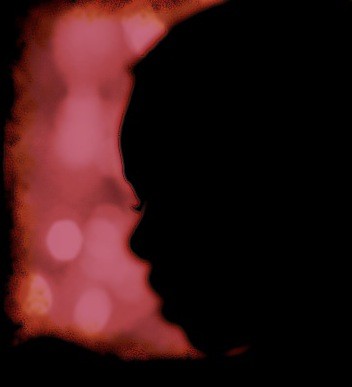Have you ever felt that your friend was in a violent relationship but had no tangible proof beyond your suspicions and what others had told you? Have you had one of your relatives be violently assaulted by her husband and yet found yourself in family settings where you’ve felt compelled to nod politely at him and make small talk? Have you ever found yourself in a relationship only to learn that your partner had been violent to his ex? Do you inwardly scream when you bump into the relative who sexually assaulted you as a child but on the outside keep an expressionless face? At various points in time I’ve found myself in all of these situations and haven’t always known what the right thing to do is, or more accurately, felt able to do the right thing. I suspect that I am not the only one who has felt like that. Or am I?
In theory, doing the right thing should be easy. I should be able to have a conversation with my friend and express my concerns about her relationship, but folks who have tried to do these kind of interventions in the past will know that the results are usually unsuccessful. Have you ever had a friend not talk to you for years because you told her about her boyfriend making a pass at you? I have.
In family settings where the abusive ex husband of a close relative is present I want to scream, ‘you wife beater, you!’, but instead I make polite conversation, and mumble excuses as to why I never reach out in between the rare occasions we find ourselves together for a wedding, or a funeral or some other large celebration. And when an ex of an ex told me about her violent past with the guy I was then in a relationship with, I broke up with him briefly, but then ended up back in a relationship with him. In all these situations the choices I made fell short of my utopian feminist ideals. They represent part of the contradiction I live with as a feminist. Wanting to preserve relationships with my friends so only commenting on their relationships when they invite me to do so. Making polite small chat with a man who assaulted my Auntie because a potential fallout could include a damaged relationship with my cousins. Staying in a relationship with a man because I thought he deserved a fresh start, and in my case I was lucky that time proved me right, but also aware that’s not the case for the majority of women.
As a feminist I have long known that women’s lives are most endangered by the men closest to them. Husbands, boyfriends, fathers, uncles, brothers. In countries where statistics of domestic violence are kept, it is clear that this is an epidemic. People who witness domestic violence often feel helpless, and are often unsure of what action to take. Or sometimes have the opposite reaction, and feel they know exactly what needs to be done. But one of the things that I have had to learn over time as part of my feminist practice is that what the survivor wants is paramount. Imagine being emotionally or physically abused. Part of what you experience is a loss of power and control over your own life. And so an important step as a survivor is to be able to take back control. Over your own life. Over your own story. Over whether you choose to tell your story or not. And if you choose to tell your story, it’s your decision when, and to whom. No survivor owes anyone their story. Especially in a world where stories of surviving violence are rapidly being treated as media fodder for the masses. Especially in a world where survivors of violence continue to be disbelieved. Especially in a world which offers minimal (when they exist) support for survivors of women. I know this intimately in my own country Ghana. The first (and only) shelter for women and children survivors of violence, ‘The Ark’ had to shut down because it was underfunded, and ironically, new domestic violence legislation meant that it needed significant resources to stay open.
And yet there is a tension which is important to recognise and for all of us to grapple with. What does justice and public accountability look like in a world where injustice prevails, where survivors of violence are stigmatised, and where there are often real physical consequences of naming and shaming perpetrators of violence. The consequences of speaking out cannot be underestimated. The very act of giving public voice to your experience can be retraumatizing for some, and yet for others it can be empowering, a way of claiming agency and taking back power. The remedy is not the same for everyone.
And some of the questions that I wish to grapple with in the various communities I am part of include the following: How can we ensure that women, girls and all ‘marginalised’ people are able to be safe and thrive? What are our individual and collective responsibilities when we see, suspect or experience violence? In a society where it can be near impossible to achieve justice – when officers of the law can be bribed, where you need lots of resources to hire a good lawyer – how can we ensure that survivors of violence are not retraumatised when they attempt to heal from their wounds? And what does responsible public accountability look like?









2 comments On What do you do when you suspect your friend is in a violent relationship?
This is triggering.
🙁 I didn’t think of including a trigger warning. Sorry sis